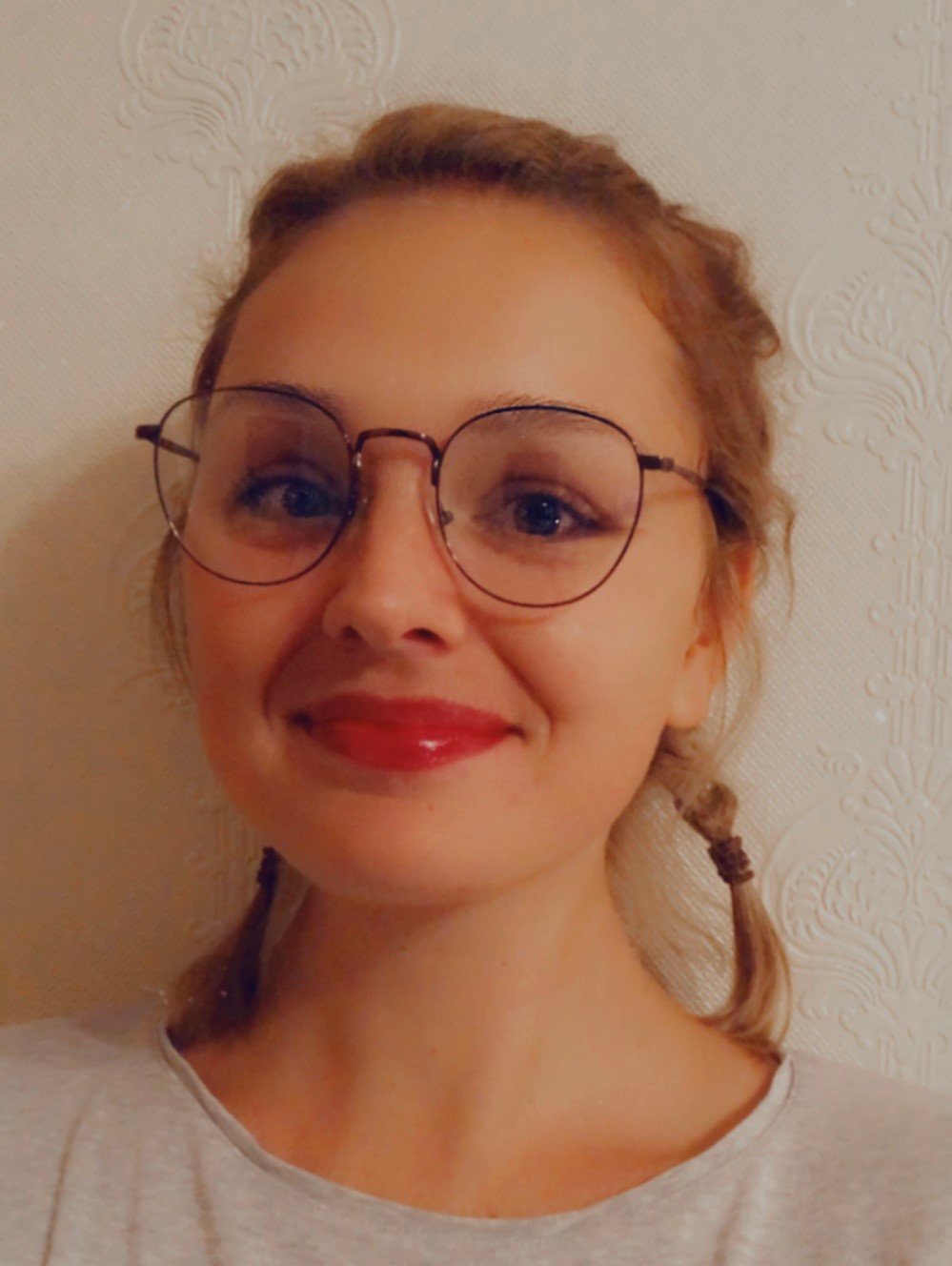
February 23, 2021, by Andrew Edwards (Ed)
Following the flight of the bumble bee – An interview with Chloe Sargent
Chloe Sargent is a UoN-Rothamsted PhD candidate. Her project is entitled ‘Risk assessment of sub-lethal insecticide exposure: new biomarkers and metrics in bees’. She is supervised by Dr Reinhard Stoger (UoN), Prof Emyr Davies (Rothamsted Research) and Dr Lisa Chakrabarti (UoN).
Why did you decide to do a PhD? What were you doing before?
Before starting my PhD, I completed a BSc in Biomedical Science at the University of Surrey. After graduating, I worked in industry for a year as an editorial intern for a scientific publications agency. Although this experience was extremely valuable in improving my scientific writing skills, I soon realised I missed learning and I wanted to continue my education.
I went on to complete a MSc in Ecology, Evolution and Conservation at Imperial College London, where I decided I wanted to continue in research and pursue a career in academia. For me, research is one of the most fulfilling jobs; it requires dedication and passion and I don’t think there is anything else quite like it!
Why did you choose this particular PhD project?
It was during my MSc that I was first introduced to bees in research. I studied the bumblebee, Bombus terrestris, to determine whether the presence or absence of a gut microbiome influenced flight performance.
I learnt all about general bee husbandry, rearing gut microbiome-absent bees, and how to use tethered flight mills to analyse flight. This gave me a good level of experience in working with bees so this PhD is an excellent extension of the skills I developed during my MSc.

How is your first year going? Any highlights or successes?
I did not gain as much training in the lab as I wanted due to Covid-19 but I feel that I made significant progress during my first year. I have further developed my scientific writing skills while writing my first literature review paper. The topic I am writing about is not something I had studied in detail before and it requires me to go back to basics and do a lot of reading around the subject, which I have found very useful.
Has undertaking a PhD been different from other degrees you have done?
A PhD is very different to any other degree; it requires a much higher level of independent working and critical thinking. The ability to scrutinise both yours and others’ research is a valuable skill, which a PhD challenges you to apply as you plan your own research projects. Ultimately, I hope to gain the skills and experience to conduct independent novel research.
What have you learned through your first PhD year?
My first year has been a definite learning curve. Although I have not been able to spend as much time in the lab as I would like, I have been able to develop my scientific writing skills and independent working. I have also come to realise just how little we as scientists really know; but that’s what makes science so important! Conducting research that will help to progress our knowledge and understanding is what makes me excited about what I do.

Tell us about your research. What do you study? Why is it important?
Bees are fundamental for ecosystem stability and food production. More than 85% of angiosperms and 75% of crops produced for human consumption require insect pollination, of which around 80% is contributed by bees. My research aims to further elucidate how stressors such as pesticides, climate change and habitat loss can affect flight activity, biological pathways and epigenetics.
Currently, I am working on understanding how neonicotinoids, a common class of insecticide, affect mitochondrial bioenergetics in the bumble bee, B. terrestris. As flight is an aerobic activity, the production of energy required for flight is dependent on oxidative phosphorylation in the mitochondria of cells.
Previous studies using tethered flight mills have shown that neonicotinoids can affect flight activity in bees by inducing a transient hyperactive state, which subsequently influences the velocity, duration and distance flown. However, the underlying mechanisms by which this occurs are still relatively unknown. Therefore, by elucidating whether these insecticides effect mitochondrial function and oxidative phosphorylation in bees, specifically in the flight muscle and brain, can help us in determining how neonicotinoids alter flight performance and foraging capacity.

How do you explain your research to ordinary people?
Over the past couple of decades bees have been rapidly declining in the UK. Reasons for these declines include habitat loss, climate change, parasitic infections and increases in pesticide use.
The loss of bees is not only detrimental to global food security but has huge economic consequences, with the agricultural industry valuing pollination services at more than £130 billion per year. Therefore, it is important to determine how pesticides can impact bee health and drive population declines. My research aims to understand how pesticides may negatively affect bee health and help to mitigate potential threats to bees and the crucial pollination services they provide.
How do you cope with the pressure of doing a PhD?
I make time to exercise daily and keep in regular contact with friends and family. This has been especially important during the pandemic as I have not been able to visit them in person. Working from home means it can also be challenging to dissociate work from home life. However, by keeping to a routine and trying to stick to normal working hours, I have maintained a healthy balance.
Anything else?
Fortunately, towards the end of last year I was able to get back in the lab with some bees and I look forward to seeing how my project progresses over the coming months. I’ve yet to be stung since starting at Nottingham (although I’ve had few close calls) so I’ll see how long I can keep it up!
No comments yet, fill out a comment to be the first

Leave a Reply